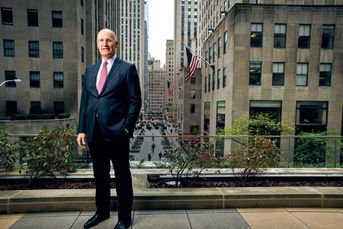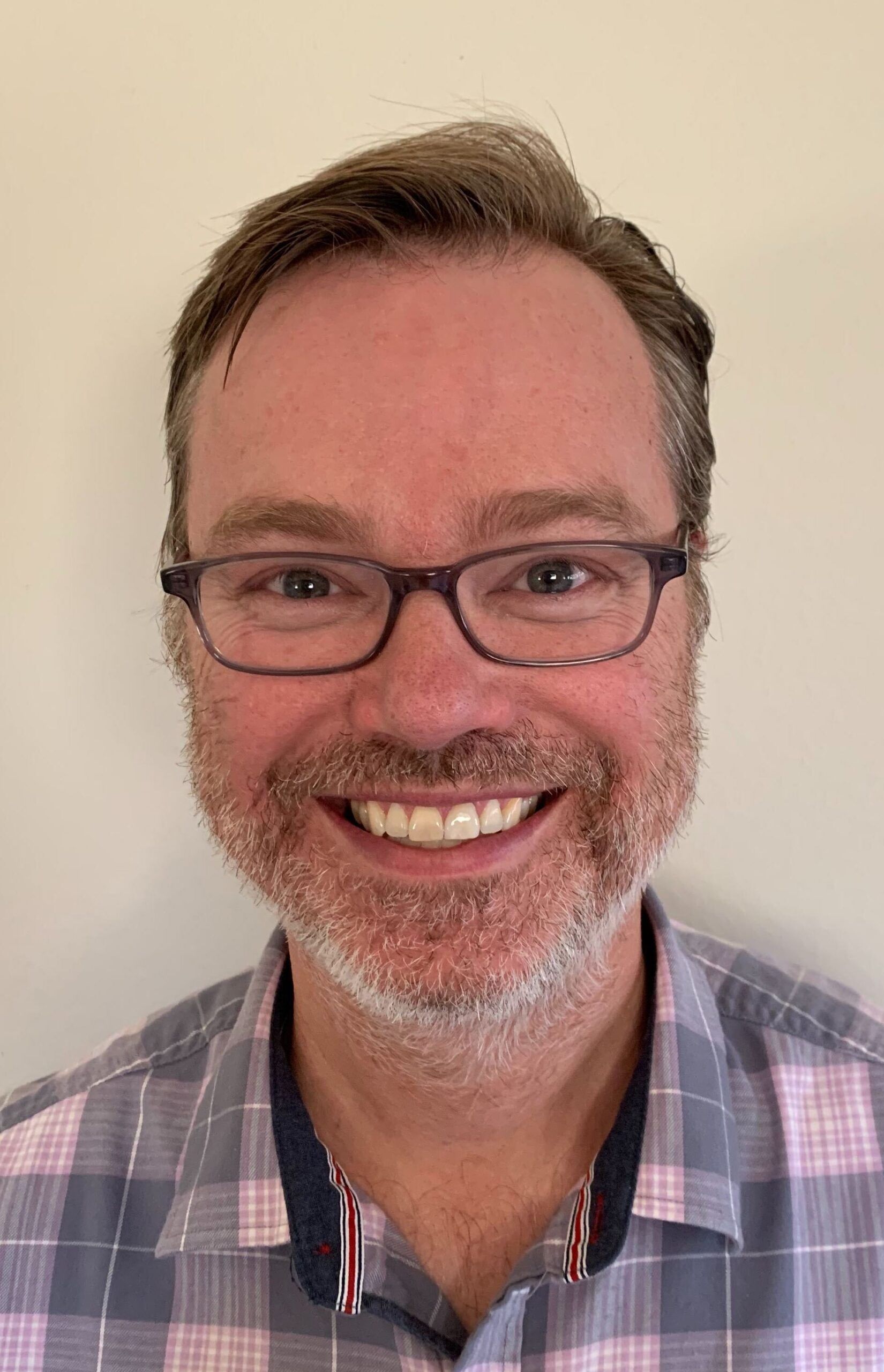U.S. close to crossing pivotal economic threshold: MFS’ Swanson

Strategist says country's debt now approaching country's output; 'Rogoffian' effect would put the brakes on growth
If the ratio of U.S. government debt to gross domestic product — now about 92% — continues to grow and reaches 100% in coming months, the economy could cross a tipping point where growth slows drastically.
That is the view of James Swanson, chief investment strategist of MFS Investment Management, who called crossing the 100% threshold the “Rogoffian” effect, after Kenneth Rogoff, a Harvard University economist, who has studied the effects of sovereign debt on economic growth.
“Prof. Rogoff found that when the ratio of debt to GDP reaches 100%, the trend growth rate of the economy is diminished by a third. That means our 3.5% annual average rate of growth since World War II would come down to 2% — which is about where it is now,” said Mr. Swanson, who was speaking at an MFS press gathering.
On other fronts, Mr. Swanson was somewhat more optimistic. Based on historical trends, he said that the economy is probably about halfway through its recovery from the recession, which ended in July 2009. While that recovery has not been as robust as previous recoveries, corporate profits continue to surprise on the upside, and consumer spending — especially among the more affluent — has held up.
Even if Europe “falls apart” as a result of its debt problems, Mr. Swanson said, the magnitude of the losses won’t be as big as the mortgage losses in the U.S.
The risk of eurozone bank problems’ spreading to the U.S. “now seems deferred,” Mr. Swanson said. And if problems did spread, he said the U.S. probably would avoid a recession or suffer only a mild one.
The current environment, he said, provides four areas of investment opportunities: high-yield bonds; high-quality U.S. stocks, which often are multinationals; tech stocks, which he said now constitute a “defensive” category; and dividend-paying stocks.
Learn more about reprints and licensing for this article.







